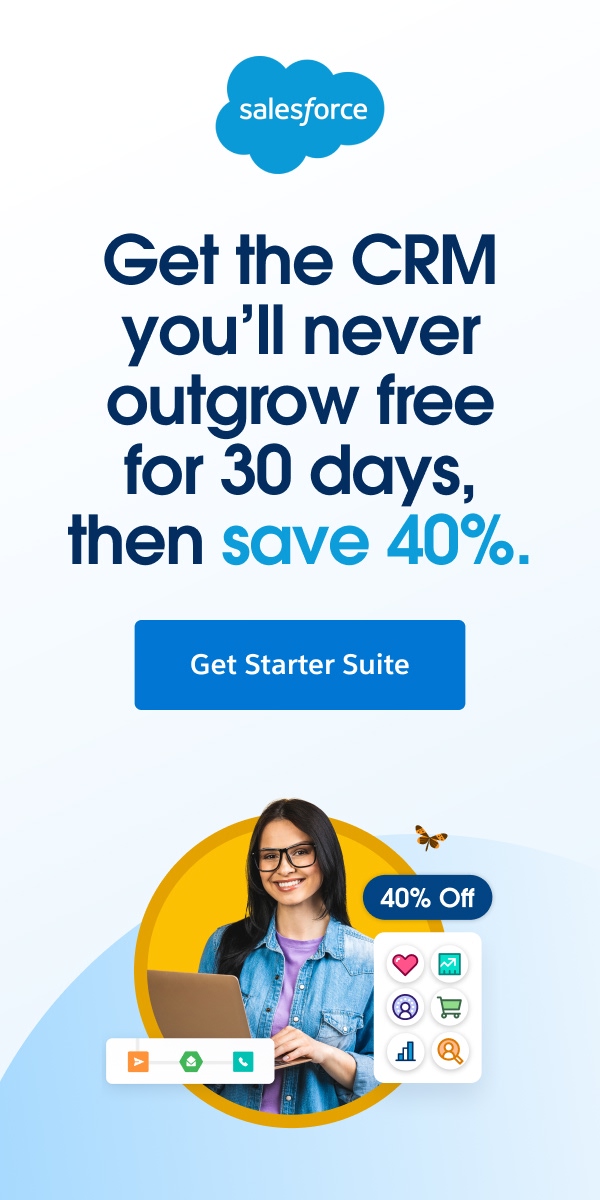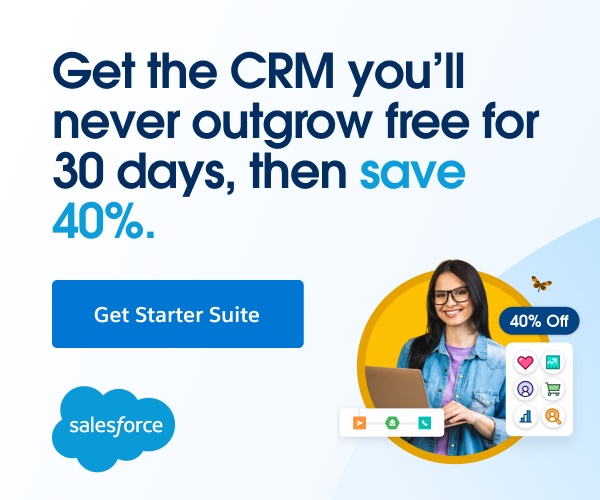This article was originally published on ParlayMe.
That initial fear that AI was going to take away most jobs and wipe out entire industries was far-fetched, but it built in a FOMO that increased adoption, rather than slowing it down. The second bubble to burst was the DeepSeek/Nvidia tech and valuation bubble. That did not sink the adoption of AI, it motivated state side AI companies to take on OpenAI and do things cheaper and faster. So, WTF? (Why the Fear?) I am frankly more afraid that I will have to learn Russian as my second language sooner than AGI will arrive. And guess what, all the disruption in Hollywood had nothing to do with AI.
All the job losses in our country has nothing to do with AI
As an AI Optimist, let’s point out a few positives.
Advancements in Large Language Models (LLMs): OpenAI has introduced GPT-4.5, boasting a reduced hallucination rate of 37% compared to GPT-4 nearly 60%. This enhancement signifies a leap toward more reliable AI- generated content.
AI in Content Creation: Amazon is experimenting with AI-assisted dubbing for select Prime Video titles, combining artificial intelligence with local professionals to maintain quality. This approach aims to make content more accessible across different languages.
Open-Source AI in Finance: Startups like DeepSeek are democratising access to sophisticated trading technology, challenging traditional financial firms. While open-source AI offers reduced costs and transparency, challenges like hardware expenses and data requirements persist.
State of high-level AI categories
Film: AI's role in filmmaking is expanding, with movies like "The Brutalist" and "Emilia Pérez" utilising AI in aspects such as scriptwriting and post-production.
This integration could accelerate AI adoption in Hollywood, prompting discussions about transparency and creativity.
Agents: The rise of autonomous AI agents capable of independent decision- making is transforming sectors like retail and healthcare. These agents can handle tasks such as customer inquiries and logistics, leading to operational scaling and cost reductions.
Science: AI is revolutionising research and development by expediting pharmaceutical discoveries, optimising product designs, and enabling personalised products. Companies are leveraging AI to foster innovation and maintain competitiveness.
Music: Spotify's bold AI gamble could disrupt the entire music industry
Spotify is developing premium-tier AI music creation tools that could transform passive listeners into active creators while generating higher revenue streams. AI companies are now legally licensing the rights to deceased music stars to generate new income for the surviving estates.
Latest in personal use cases
Content Creation: AI tools are empowering creators to generate high-quality content efficiently. Platforms like Synthesia and HeyGen enable the production of realistic AI generated videos, allowing influencers to reach broader audiences and increase revenue.
Writing and Editing: AI-driven applications assist users in drafting and refining written content, enhancing productivity and creativity.
Art and Design: Generative AI systems enable users to create intricate artworks and designs, democratising creative processes and inspiring new forms of expression.











